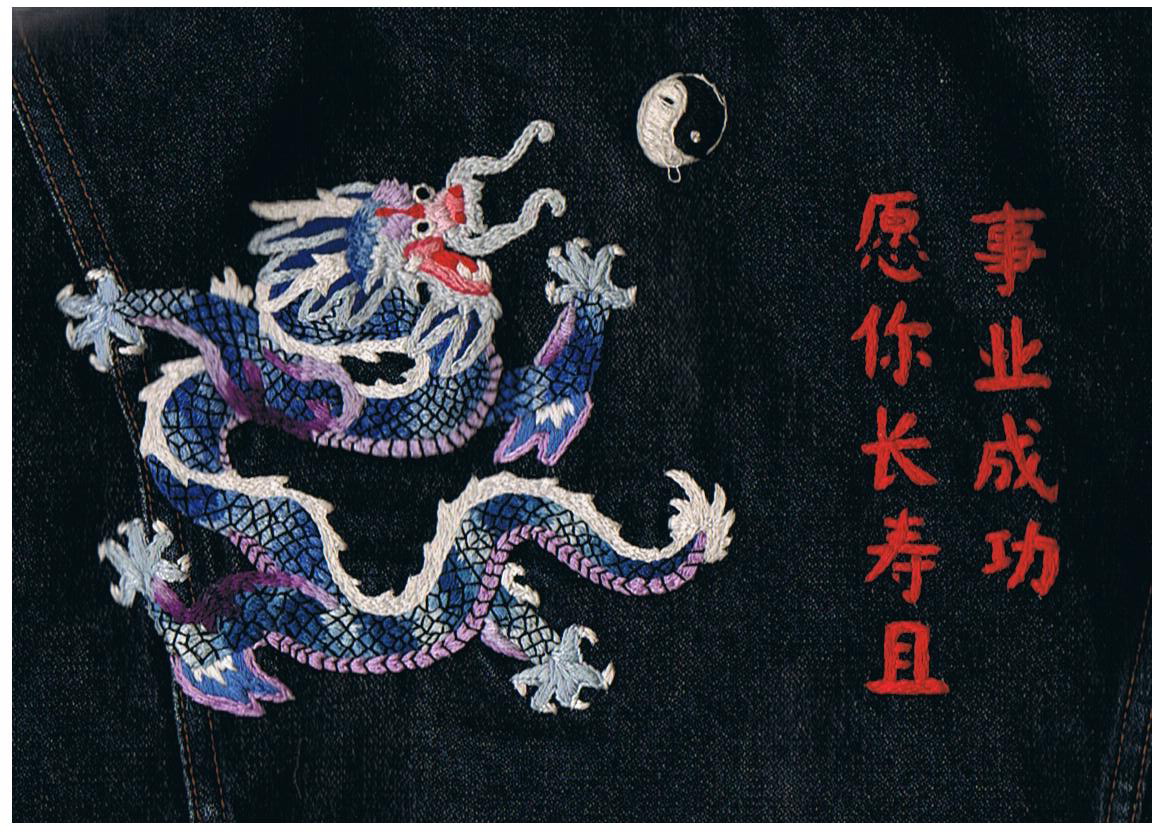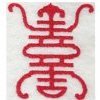Learning Schedule for NPCR
In this entry I am going to share my learning schedule and methods using the New Practical Chinese Reader.
I will also go into more details about my learning materials, books, practice aides, flashcards, dictionaries etc. in a later entry.
I will start with a brief overview of the materials I use, the first version of New Practical Chinese Reader (NPCR) textbook, workbook, audio and video. I also use Pleco, Hanzi Grids and occasionally Skritter. I listen to Pimsleur when I have time. I also try to watch and listen to CCTV 9 Documentary when possible, and expose myself to as much Chinese language and culture as I can.
My routine is to read through the dialogues for the lesson, read the notes and the grammar, then listen to the dialogue mp3 with the text in front of me, then listen to it again without the text a few times. Then I read the dialogue again, check I am happy with my understanding and do the same with the second dialogue of the lesson.
Then I put all the characters (words) into Pleco and spend some time reviewing and testing those. Then I start the exercises in the text book and work my way through them. I write as much as possible using characters, so for example the substitution and drills section I write out fully each one with all the different possibilities. This helps reinforce the new characters and the sentence structure.
I then watch the video, this can clear up some things I may have not quite understood, I usually watch them a few times more when I have a moment spare.
I then move onto the workbook and work my way through that.
Then I go back and cover up the pinyin and read the dialogues again and if I feel happy I have grasped the meaning I move on to the next lesson and start over again.
I will review and test the characters using Pleco and actual paper flashcards throughout the entire time I am learning that lesson, but also at other random times, in the doctors waiting room, waiting in a long queue etc.
I also practice writing all the new characters from the lesson using Hanzi Grids as well as the practice in NPCR.
I also like to write little stories, only a few lines, a short paragraph using the new words and new sentence structures and grammar, These I will write using pinyin on my phone or tablet so I can concentrate on the structure.
My weak points are lack of speaking and tones. I feel my strength is in learning characters and words. I am trying a new method of listening and speaking, recording myself reading the dialogues and listening back and comparing with the NPCR audio for the dialogues.
My one indispensable tool is Pleco and I really like using Hanzi Grids. I think the NPCR series is good for someone like me who is self studying, there is also an answer key so you can see how well you are doing ![]() .
.
It takes me about 2 weeks to complete a lesson, putting in about an hour and half to two hours a day. I study for pleasure and have no deadlines or exam dates so I may miss a day here or there.
I have in the past with one of my first teachers worked through the PCR books 1 & 2.
I decided to start again from lesson one with the New PCR as I felt I needed to fill in some holes in grammar and reading that I feel I have. So now I am on Lesson 10, and am enjoying being thorough with my learning and not moving on until I feel very confident I have understood and learnt everything from the lesson.
My next entry will be about my learning materials and how I use them. I will also, starting from Lesson 11, go through the lesson briefly and share my learning problems and successes.


13 Comments
Recommended Comments